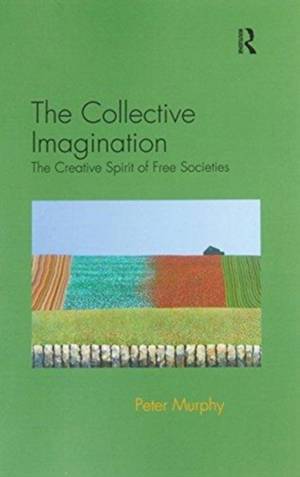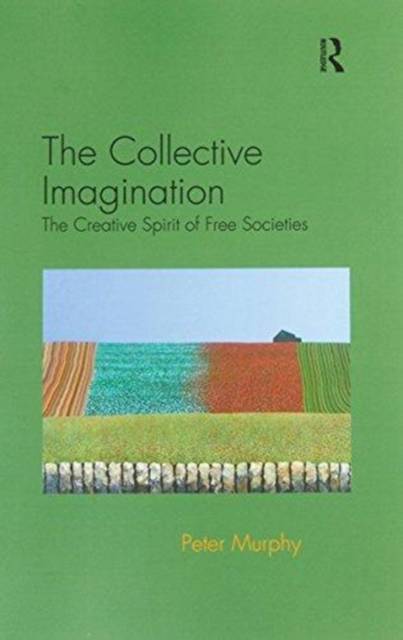
Bedankt voor het vertrouwen het afgelopen jaar! Om jou te bedanken bieden we GRATIS verzending (in België) aan op alles gedurende de hele maand januari.
- Afhalen na 1 uur in een winkel met voorraad
- In januari gratis thuislevering in België
- Ruim aanbod met 7 miljoen producten
Bedankt voor het vertrouwen het afgelopen jaar! Om jou te bedanken bieden we GRATIS verzending (in België) aan op alles gedurende de hele maand januari.
- Afhalen na 1 uur in een winkel met voorraad
- In januari gratis thuislevering in België
- Ruim aanbod met 7 miljoen producten
Zoeken
€ 94,95
+ 189 punten
Uitvoering
Omschrijving
The Collective Imagination explores the social foundations of the human imagination. In a lucid and wide-ranging discussion, Peter Murphy looks at the collective expression of the imagination in our economies, universities, cities, and political systems, providing a tour-de-force account of the power of the imagination to unite opposites and find similarities among things that we ordinarily think of as different. It is not only individuals who possess the power to imagine; societies do as well. A compelling journey through various peak moments of creation, this book examines the cities and nations, institutions and individuals who ply the paraphernalia of paradoxes and dialogues, wry dramaturgy and witty expression that set the act of creation in motion. Whilst exploring the manner in which, through the media of pattern, figure, and shape, and the miracles of metaphor, things come into being, Murphy recognises that creative periods never last: creative forms invariably tire; inventive centres inevitably fade. The Collective Imagination explores the contemporary dilemmas and historic pathos caused by this-as cities and societies, periods and generations slip behind in the race for economic and social discovery. Left bewildered and bothered, and struggling to catch up, they substitute empty bombast, faded glory, chronic dullness or stolid glumness for initiative, irony, and inventiveness. A comprehensive audit of the creativity claims of the post-modern age - that finds them badly wanting and looks to the future - The Collective Imagination will appeal to sociologists and philosophers concerned with cultural theory, cultural and media studies and aesthetics.
Specificaties
Betrokkenen
- Auteur(s):
- Uitgeverij:
Inhoud
- Aantal bladzijden:
- 264
- Taal:
- Engels
Eigenschappen
- Productcode (EAN):
- 9781138117082
- Verschijningsdatum:
- 24/05/2017
- Uitvoering:
- Paperback
- Formaat:
- Trade paperback (VS)
- Afmetingen:
- 156 mm x 234 mm
- Gewicht:
- 371 g

Alleen bij Standaard Boekhandel
+ 189 punten op je klantenkaart van Standaard Boekhandel
Beoordelingen
We publiceren alleen reviews die voldoen aan de voorwaarden voor reviews. Bekijk onze voorwaarden voor reviews.









